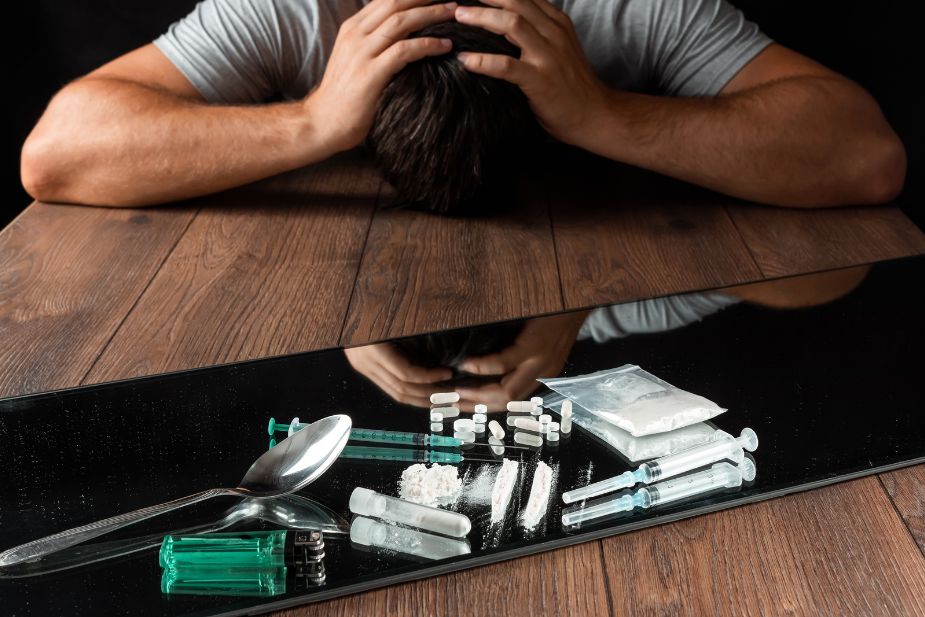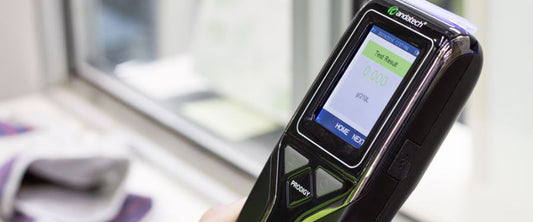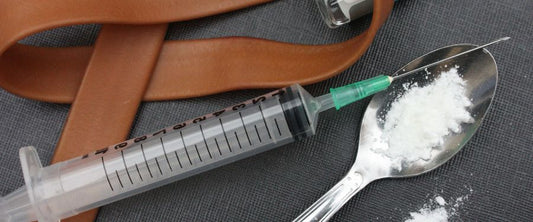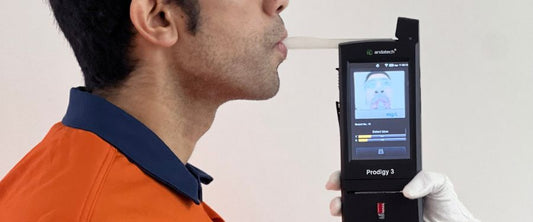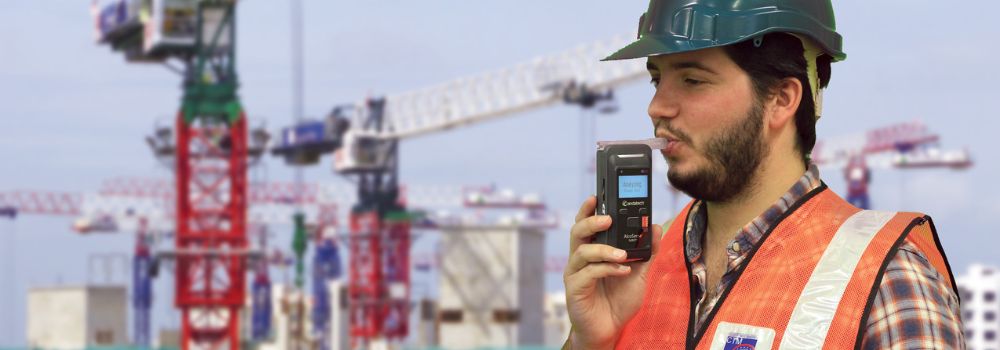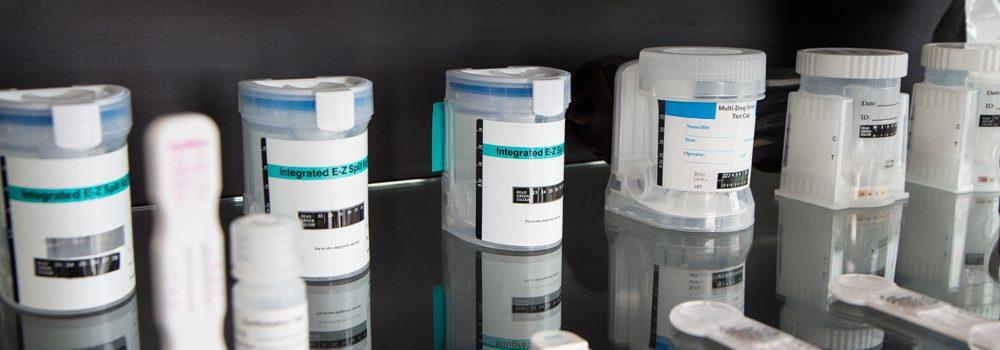Medicines are drugs that are intended to speed up or slow down or change something about the way your body is working, to try to make it work better. Sometimes they are necessary. But they are still drugs: they act as stimulants or sedatives, and too much can kill you. So if you do not use medicines as they are supposed to be used, they can be as dangerous as illegal drugs.
Here is a top five list of why people use drugs:
Experimenting and Peer Pressure
Experimenting with both drugs, smoking, and alcohol (and many other things) has the potential to lead someone into addiction- depending on the person. Addiction may slowly take hold when a young person uses a substance out of curiosity. While it may seem harmless at first, adolescents that experiment with substances are more than likely prone to developing a substance abuse disorder.
Peer pressure, on the other hand, is more likely to affect adolescents and young adults. As we go through our more formative years, the need to fit in (on some level) is an almost innately human trait. Some people may feel the need to participate in potentially harmful activities to do so- the pressure of being around others who are abusing drugs or alcohol may inadvertently push someone to follow suit.
Family History/Genetics
If you have a family history of drug addiction, you may have a genetic predisposition to develop an addiction to drugs or alcohol. It is stated that about 30% – 70% of a person’s risk for addiction is linked to the genes they are born with along with other social factors.
Prescription Drugs
Contrary to popular belief, medication that has been prescribed by doctors is safe. Unfortunately, that is not always the case. Doctors prescribe medications to alleviate symptoms of physical or mental health issues.
However, many individuals are not properly educated on the risks that the medications may carry. Chronic pain is often managed through opioid medications, which are highly addictive. Dependent upon the amount used and other factors, someone may require a medical detox just to stop using opioids. Likewise, those suffering from anxiety and depression may be prescribed addictive medications to ease symptoms. Non-addictive medication and/or pain recovery services are often available.
Feelings and Recreation
There is a popular quote in the Big Book of Alcoholics Anonymous that states: “Men and women drink essentially because they like the effect produced by alcohol.” While this seems obvious, some people like the effect so much that they are unable to stop. It may be difficult to see the harm in something that makes you feel good.
Many people use drugs or alcohol socially with friends or to “unwind” after a long day. They often see substances as a way to relax or clear their minds. Recreational drug users are still at risk to become addicted if their use becomes more frequent or they use highly addictive substances.
Mental Health Disorders and Self-Medicating
Depression, anxiety, and PTSD can put individuals at higher risk of developing an addiction. Using substances to cope with difficult feelings may seem like an easier path for some. Though they may seem crippling at times, there is help available to anyone struggling with a mental health disorder. Non-narcotic medications are often available for most mental health disorders. It’s worth researching with a doctor to see if there is an alternative to addictive medications.
People struggling with any of a multitude of ailments may turn to drugs or alcohol to ease their pain. Mental health disorders and chronic pain leave some seeking solutions on their own. Alcohol or other substances can alleviate symptoms and seem like a short-term solution. However, people should look for manageable, long-term solutions under medical supervision to combat these issues.
There are many reasons why people use drugs. Knowing the risk of using alcohol and other drugs is half the battle. When we educate ourselves about these issues, we are more likely to make better decisions in the future.
References:
Foundation for a Drug Free World, “Why do people take drugs”
Substance Abuse and Mental Health Services Administration, “Resources for Families Coping with Mental and Substance Use Disorders”
National Institute of Drug Abuse, “Drugs, Brains, and Behavior: The Science of Addiction”
National Institute of Drug Abuse, “Understanding Drug Use and Addiction”
National Institute on Drug Abuse, “Children and Teens”
Psychology Today, “7 Common Reasons Why People Use Drugs”
The Australian Department of Health, “Reasons why people use drugs”
United Nations Office on Drugs and Crime, “Why people use drugs”
Journey Pure, “22 Reasons Why People Use Drugs and Alcohol”
Disclaimer: The information provided in this article is for general reference only. Please seek advice from professionals according to your business’s needs.
Written by Eugene Ng

